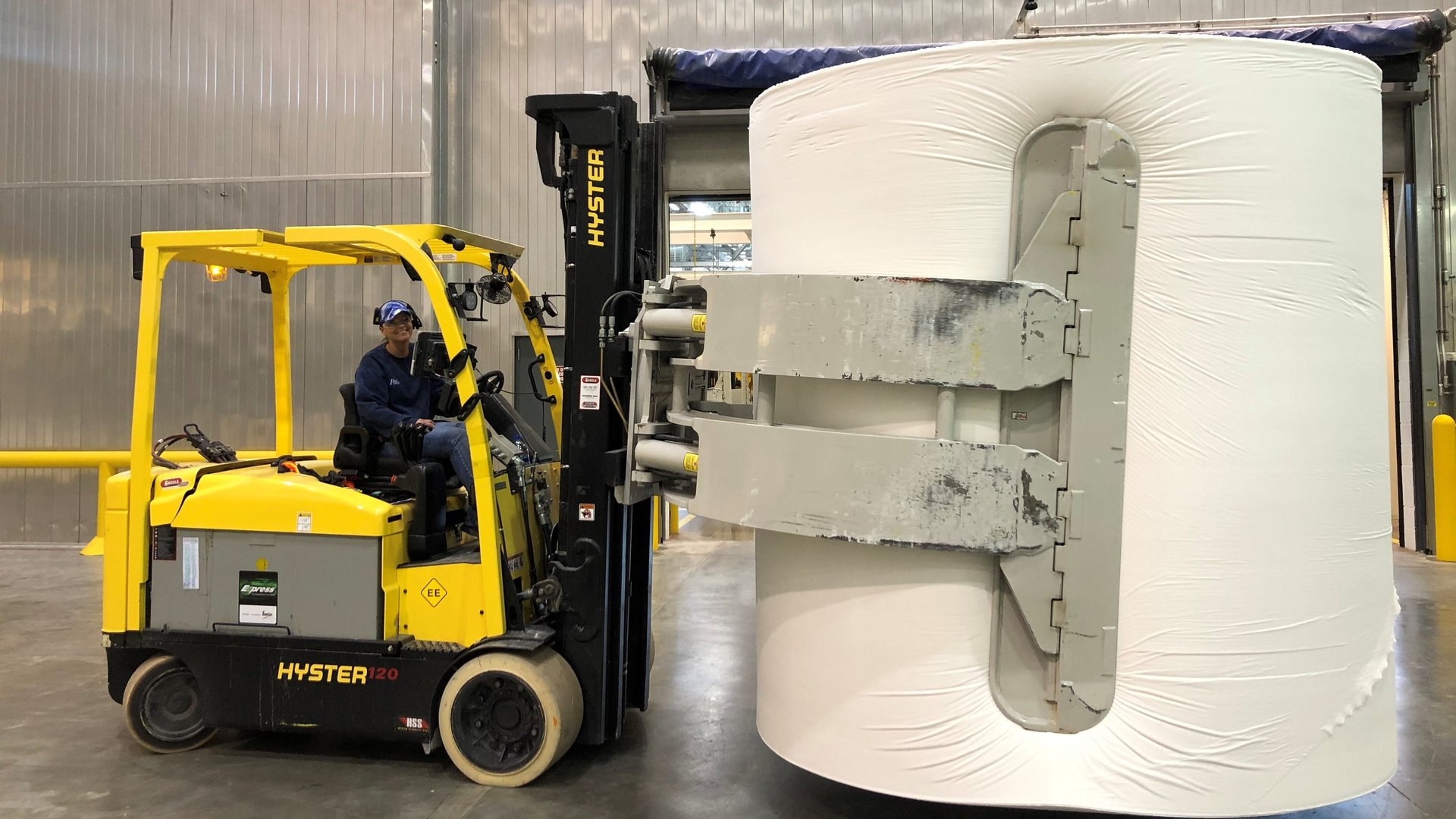Descendants of P&G’s founders are publicly criticizing the company’s role in forest destruction
Descendants of Procter & Gamble’s co-founder are speaking out against the company’s record on sustainability and climate change. Siblings Jules Feeney and Justine Epstein, who trace their ancestry back six generations to P&G co-founder James Gamble, appeared on CBS News Sept. 28 to discuss recent efforts to bring attention to the company’s manufacturing practices, which they argue threaten vulnerable forests.


Descendants of Procter & Gamble’s co-founder are speaking out against the company’s record on sustainability and climate change. Siblings Jules Feeney and Justine Epstein, who trace their ancestry back six generations to P&G co-founder James Gamble, appeared on CBS News Sept. 28 to discuss recent efforts to bring attention to the company’s manufacturing practices, which they argue threaten vulnerable forests.
In a letter to P&G CEO David Taylor last October, the siblings wrote the company’s “production is coming at a terrible price to the planet and its inhabitants.” The letter was co-signed by 88 descendants of both the Procter and Gamble families. It’s the latest example of a major company facing pressure from founders’ family members on issues such as sustainability and labor practices.
P&G’s toilet paper sourcing criticized
P&G descendants are taking issue with the company’s Charmin toilet paper products, which rely on fiber sourced from Canada’s carbon-dense boreal forest. The company has been criticized by environmental organizations such as the Natural Resources Defense Council, which argues the company would significantly reduce its carbon emissions if it relied less on “virgin fiber” and more on recycled content to produce its products. The NRDC ranked Charmin last out of 95 toilet paper brands on a Sept. 15 sustainability scorecard, in part because it increased the volume of forest fiber sourced from Canada by 15% last year.
In the CBS interview P&G descendant Jules Feeney criticized “the absurdity of cutting down such an essential ecosystem for a product that we will use one time.”
Company representatives defended its sourcing practices in an exchange with CBS, noting that it “absolutely prohibits deforestation,” and estimates that less than 1% of its global wood pulp sourcing comes from intact forests. On its investor website P&G says it continues to use virgin, rather than recycled, fibers for its tissue products, as is the case with other competing tissue brands. The company added that Charmin’s “improved strength and absorbency” means consumers go through a roll of toilet paper more slowly.
While P&G might not see their manufacturing practices as a driver of deforestation, the company “is absolutely contributing to the destruction of the boreal forest by continuing to rely so heavily on its fiber for throwaway tissue products,” says Shelley Vinyard, a co-author of the NRDC report.
How effective are appeals by descendants?
In recent years, scions of powerful families have made headlines for publicly speaking out against their business legacies. Abigail Disney, Walt Disney’s grandniece and an heir to the family fortune, said she was “livid” over amusement park workers’ wages in 2019 and later called then-CEO Bob Iger’s $65.6 million salary “insane”. In April, a descendant of the Pillsbury Company called for a boycott of General Mills, its parent company, over factory operations in the Israeli-occupied West Bank. Neither of these appeals appear to have spurred company executives to significantly change their business practices.
“It’s easy to eye roll at a big corporation and say we can’t do anything about it. In our case, we looked at each other and we’re like, we can,” Epstein said in explaining her decision to speak out against P&G’s sustainability practices. But it may take more than appeals by descendants to convince P&G officials to overhaul their toilet paper sourcing. Last year, 67% of the company’s shareholders voted in favor of a resolution pressing the company to address forest degradation in its supply chain.
The company complied with a report on forestry practices published in March, in which they committed to sourcing 100% of their wood from a third-party certification system that ensures forests are responsibly managed. But a representative for the Green Century Funds, which sponsored the resolution, said he still hopes to see more from the company. “They are not changing their plan to continue sourcing 100% virgin fiber for their tissue products, and that’s a major source of concern for us,” Thomas Peterson, a shareholder advocate, told CBS.
Correction: An earlier version of this story incorrectly reported that a shareholder resolution had gone largely unanswered by P&G. In fact, the company responded with a report issued in March. The story has also been updated to provide more detail about why the company doesn’t use recycled paper.